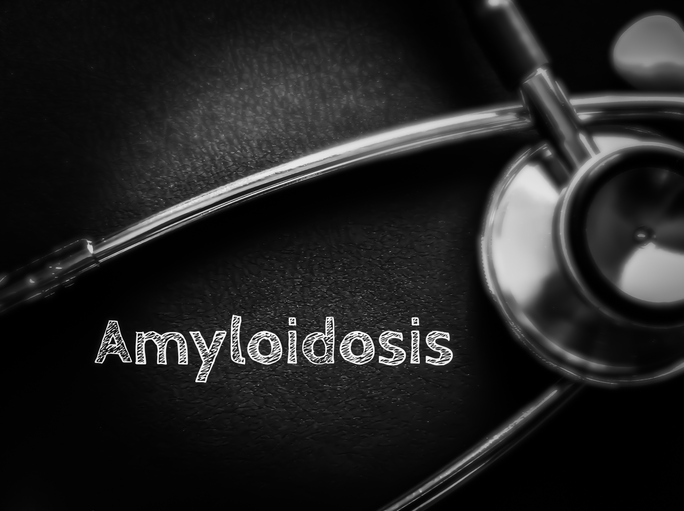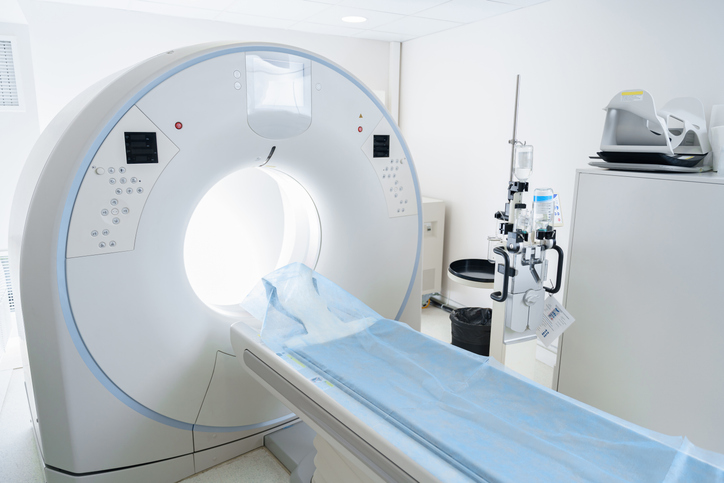
Arthritis Drug Found To Exhibit Cardiovascular Benefits in Some
The study included 82 patients with early rheumatoid arthritis and no known heart issues. The objective, according to the authors, was “to determine whether patients with early rheumatoid arthritis (ERA) have cardiovascular disease (CVD) that is modifiable with disease-modifying antirheumatic drug (DMARD) therapy, comparing first-line etanercept (ETN) + methotrexate (MTX) with MTX strategy.” The results suggested that patients taking the drug had lower aortic distensibility, lore LV mass, and increased myocardial extracellular volume. ““Identifying patients at the earliest stage of RA with most risk of CVD is important to inform management strategy,” one of the researchers said of the results.
https://www.docwirenews.com/docwire-pick/cardiology-picks/early-rheumatoid-arthritis-cardiovascular-disease-benefits/
–
Anti-Anginal Drug Fails to Improve Post-PCI Outcomes
The ACTPI study included more than 6,000 patients who had either elective PCI for unstable angina or NSTEMI less than 30 days prior to randomization in the study. Participants were randomly assigned to either oral trimetazidine 35 mg modified-release twice daily or to a matched placebo. According to the results, after follow-up, there was no significant difference in the occurrence of the primary composite study endpoint (cardiac death, hospital admission for cardiac event, recurrence or persistent recurrent angina requiring angiography) in the trimetazidine group compared to the placebo group. “Our results show that the routine use of oral trimetazidine 35 mg twice daily over several years in patients receiving optimal medical therapy, after successful PCI, does not influence the recurrence of angina or the outcome; these findings should be taken into account when considering the place of trimetazidine in clinical practice,” the authors wrote.
https://www.docwirenews.com/docwire-pick/cardiology-picks/trimetazidine-stable-unstable-angina-no-improved-outcomes-study/
–
Heart Failure, Hypertension Deaths Proportionally Increasing
Researchers for this study observed a decrease in deaths from total heart disease from 752,192 to 596,577 from 1999 to 2011, followed by an increase to 655,381 in 2018. The proportion of total deaths from heart disease attributed to ischemic heart disease decreased from 73% to 56% from 1999 to 2018, while there were increases in the proportion attributed to heart failure (from 8% to 13%) and to hypertensive heart disease (from 4% to 9%).
https://www.docwirenews.com/docwire-pick/proportion-of-deaths-due-to-heart-failure-htn-increasing/
–
ACE Inhibitors and ARBs in COVID-19: An Update
Initial research suggested a potential issue with patients taking angiotensin-converting enzyme (ACE) inhibitors and angiotensin II receptor blockers (ARBs). This study went some way towards allaying some fears, at least regarding hospitalization, ICU admission and the need for future mechanical ventilation. The analysis included more than 39,000 patients. Among all tested patients, 3,094 were taking ACE inhibitors and 2,277 were taking ARBs. Following overlap propensity score weighting, the test positivity rate was 7.0% in those taking ACE inhibitors and 7.4% in those taking ARBs (OR=0.95; 95% CI, 0.77 to 1.17). “The study did not show a difference in the rates of hospitalization, ICU admission, and need for mechanical ventilation between patients taking ACE inhibitors vs. ARBs,” the authors wrote. “Although both classes of medications act on the renin-angiotensin-aldosterone system, their mechanisms of action differ,” the authors wrote.
https://www.docwirenews.com/cardiology/covid-19-ace-inhibitors-arbs-outcome-comparison-study/
–







 © 2025 Mashup Media, LLC, a Formedics Property. All Rights Reserved.
© 2025 Mashup Media, LLC, a Formedics Property. All Rights Reserved.